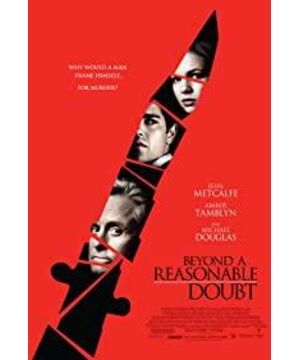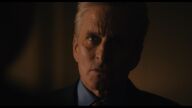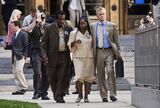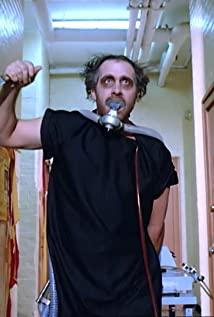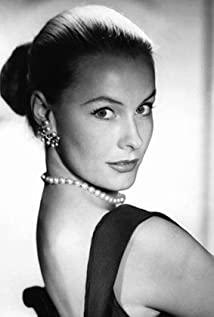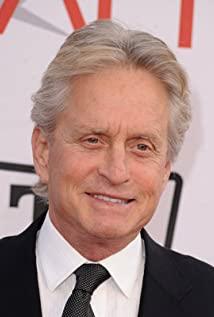It's not easy to cover the experienced audience now. I think the best state should be that there are enough foreshadowing and hints, but the audience is not enough to guess the truth, and finally suddenly realized. However, this state is a difficult balance. I found that apart from a few subtle works, most of them belong to the following ways: the first is the magic stick, the suspense is padded to inexplicable, and then the final blame is haunted or hallucinations, such as "Fatal ID" praised by many people. Haunting or hallucinations are not unacceptable, but there must be a hint of this kind of worldview before, otherwise most of the materialism will be the last ghost to be deduced, which really makes people feel irresponsible. The second type is a major reversal, such as the "Wild Things" series that specializes in this set, and the last 5 minutes of "High Suspicion" also belong to this category. The third is not to explain at all, you want to go, such as Kubrick's "The Shining" and "Open Eyes". Although the logic of these two films is difficult to explain, the mysterious and strange atmosphere remains. In the hearts of the audience.
I think the key to the success of the reversal lies in whether the reversal can maintain the continuity of the plot and intention. Many unexpected and deliberate reversals have turned most of the previous stories into jokes, causing disastrous consequences for the characterization. I think this is also my opinion on the last 5 minutes of the film. It is said that the original director Fritz Lang also fell out with the filmmakers and left Hollywood.
However, the endless emergence of suspense films about the Great Reversal also shows that at least a considerable part of the audience is more willing to see unexpected plots rather than deep characterization and connotation.
WeChat public account: feidudumovie (feidudumovie)
View more about Beyond a Reasonable Doubt reviews


